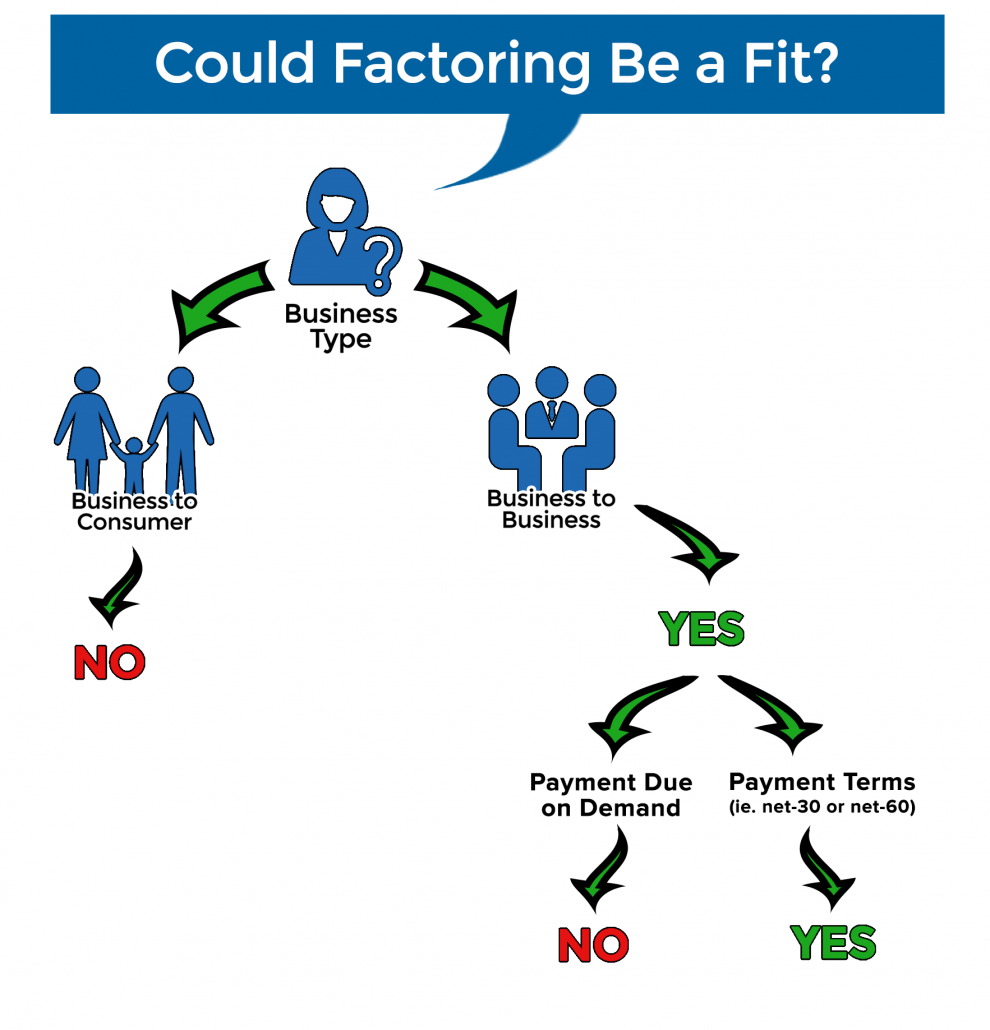

So, it is essential to maintain communication with both your customers and the factoring company to ensure a smooth repayment process. In turn, your customers will pay the factoring company directly. Once the advance is issued, the factoring company assumes responsibility for collecting the invoice(s).

This advance usually ranges from 70 percent to 90 percent of the total invoice amount. When the factoring company approves your invoices, they will provide you with an advance payment. This step may involve verifying the creditworthiness of your customers and ensuring the invoices comply with their requirements. The factoring company will typically review these invoices and decide which ones they will factor in. Make sure the invoices are accurate and represent valid transactions between you and your customers or clients. Once you’ve selected a factoring company, the next step is to submit your outstanding invoices. Make sure the company you choose is experienced in dealing with businesses similar to yours and focuses on invoice factoring or receivable financing. Research and compare different companies and consider their fees, reputation and the industries they serve. To start the invoice factoring process, you’ll need to choose a factoring company that best suits your company’s needs. If you decide to hand over your invoices to a factoring company in exchange for cash, here’s what to expect: Selecting a Factoring Company Factoring companies with experience in government contract factoring understand the unique requirements and processes involved with these invoices, making them more likely to factor these types of invoices. Government contracts can carry more extended payment terms, making cash flow management challenging for contractors. Government contract Invoices: Businesses that provide goods or services to government entities can also benefit from invoice factoring.However, they may require more specialized attention, as there’s a higher risk of disputes or delays in payment due to ongoing work requirements.

Factoring companies often consider these invoices as they provide a consistent cash flow, depending on the project’s scope and duration. These invoices are issued at regular intervals throughout the project based on milestones or the percentage of work completed.


 0 kommentar(er)
0 kommentar(er)
